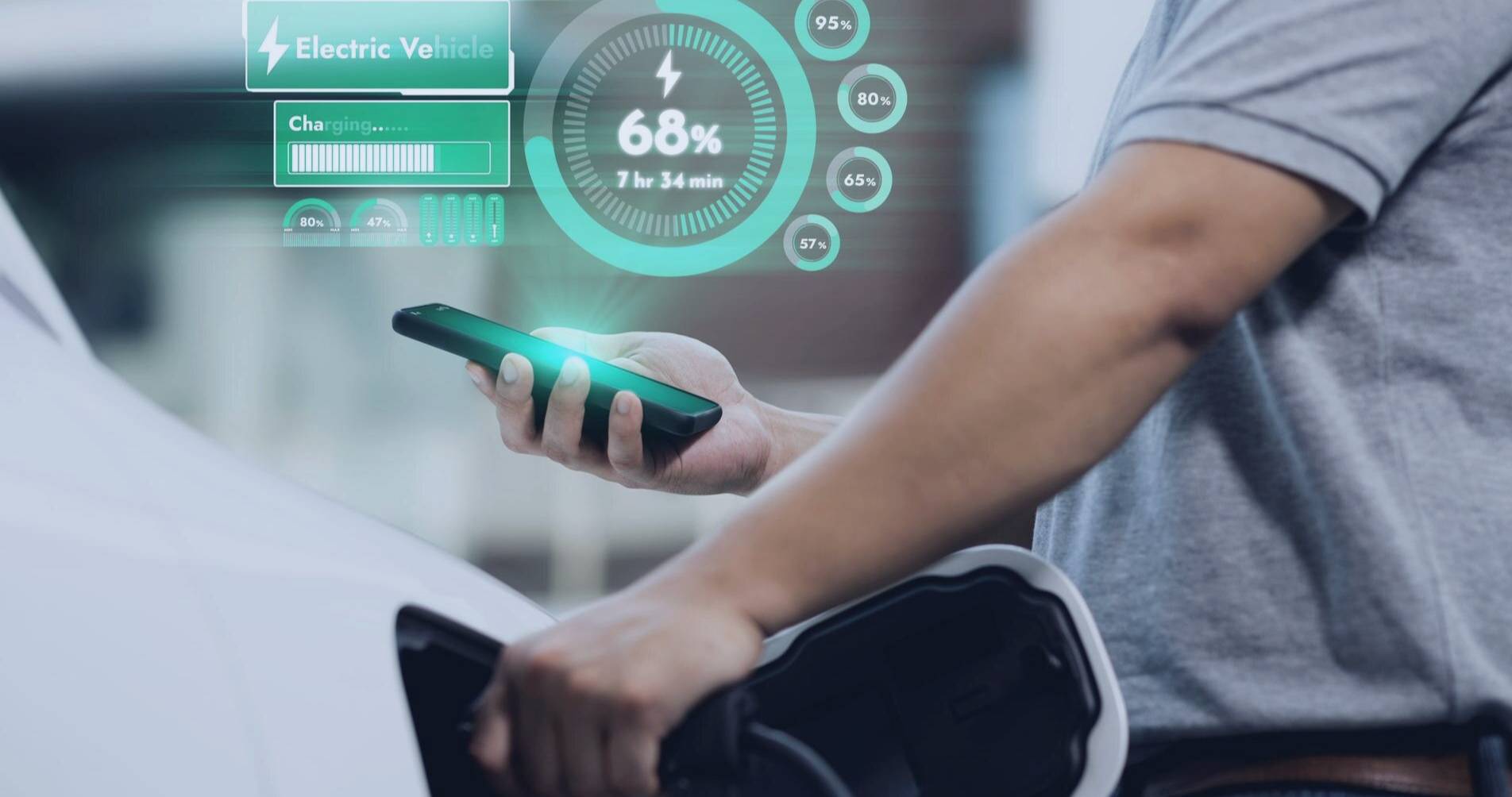

How AmpUp Ensures EV Charger Reliability
Discover how AmpUp's rigorous hardware testing process ensures EV charger reliability, with a 98.5% session success rate and seamless performance.

AmpUp’s EV charging software is interoperable with almost any hardware, and a big advantage for its EV charger hardware partners is that AmpUp uses rigorous testing to ensure hardware is fully optimized.
The result? AmpUp delivers an unmatched 98.5% charging session success rate for our customers.
We spoke with AmpUp VP of Engineering Ganeshram Nagarajan and Technical Program Manager Lenny Kloo about how AmpUp’s hands-on testing process ensures EV charging hardware functions perfectly before rollout.
Kloo summarized his team’s rigorous testing process for EV charging hardware:
"Once AmpUp forms a potential strategic partnership, we receive a sample of the EV charger unit and conduct all real-life tests – no simulations. AmpUp uses 60+ charging experience scenarios per unit, and that’s in addition to what’s required per OCPP specifications. We control the testing environment and test for multiple use cases. We gain a plethora of knowledge about that hardware from hands-on testing and then share it with our hardware partners for feedback and adjustments. The whole process is transparent."
Although by no means exhaustive, Kloo and Nagarajan spotlighted a few key criteria that AmpUp evaluates when it tests EV charging hardware:
Charging experience, quality, and reliability.
“AmpUp thoroughly evaluates the build quality, charging experience, and overall performance of charger hardware,” said Nagarajan. For example, there are around three or four network connectivity and longevity test cases, and Kloo tests all of them. AmpUp uses hardware automation, such as a mechanical arm that repeatedly swipes the card reader unit. What’s more, the team is now rolling out automated testing that’s run from the cloud for 24-48 hours to test reliability.
Kloo explains, “In initial quality testing, we look at the quality of the components and workmanship. We run OCPP specification and charging experience testing; we test connectivity over 24-hour test periods in both poor and strong signal conditions; and evaluate RFID for ease of use – does it beep? Does it work without having to touch the screen?”
Certification and compliance.
AmpUp checks that hardware meets industry standards and certifications, such as UL certification, to ensure safety and regulatory compliance. Its government and utilities department also supports its hardware partners' applications for federal Inflation Reduction Act funding.
Scalability and flexibility.
AmpUp builds a profile of an EV charger’s scalability and flexibility so it's used to its potential. Is it optimized for residential, commercial, or public charging? If a unit only tests well in a residential or fleet scenario, it’s scalable to just those markets. If a unit only tests well in a residential or fleet scenario, it’s scalable to that particular market. For example, free public charging or home chargers don’t need RFID readers. “It’s about best meeting the customer's specific needs,” said Kloo.
Reputation and track record.
If a customer prefers a specific EV charging hardware, AmpUp will work with that hardware company and quality assurance test to ensure it operates optimally. Whether the hardware company is established or a startup, AmpUp always completes the testing process in full. Nagarajan said, “It’s what AmpUp does best – we provide granular detail so the hardware manufacturer or OEM can make adjustments, and we do it every time there’s a new model or firmware version.”
Load management.
AmpUp tests reaction times, accuracy of power adjustments, and charger behavior under dynamic load conditions. This feature launch focused on precise power adherence, responsiveness to load changes, and the ability to handle multiple charging profiles efficiently. These enhancements ensure that our chargers meet and exceed industry standards, providing our customers with unparalleled reliability.
Through rigorous and comprehensive hardware testing, AmpUp collaborates with industry-leading partners like Legrand, Leviton, EVSE LLC, and Autel to deliver what matters most: a seamless, efficient, and reliable charging experience for EV drivers. This partnership approach ensures optimal performance across diverse charging ecosystems.


